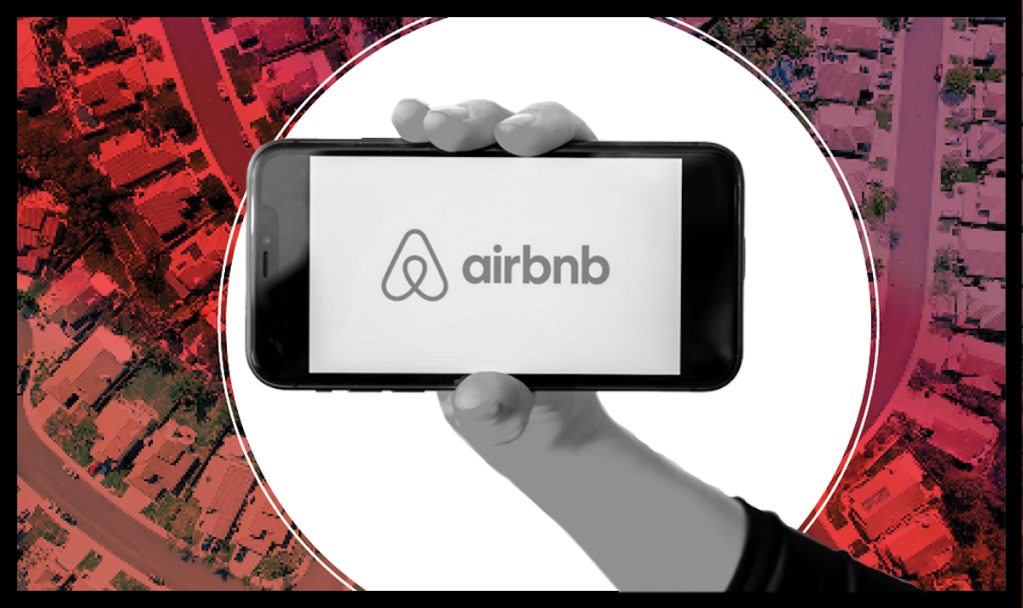
While the real estate market has lots of challenges during the COVID-19 pandemic, a tsunami of houses being sold by Airbnb hosts isn’t one of them.
Airbnb’s tally of 850,000 whole-house listings is just 0.8% of the nation’s stock of single-family homes. Even if a big chunk of them came on the market – and there’s no evidence that will happen – it would be a welcome relief to the severe shortage of housing inventory.
Some property owners who bought or leased real estate with the aim of maximizing profits through Airbnb rentals are finding they’re in a jam. Airbnb hosts saw $1.5 billion in bookings cancelled in mid-March when the COVID-19 pandemic arrived in the U.S. While guests got full refunds, per an Airbnb decision, hosts still had to pay mortgages on the properties.
The company has provided grants to a selection of hosts to offset the cancellations, but for some it may not be enough to make their monthly home loan payment.
The 1.47 million homes listed for sale at the end of April was the lowest number ever recorded, said Lawrence Yun, chief economist at the National Association of Realtors. The real estate market has been dogged for years with a shortage of available properties because of under-building in the wake of the financial crisis more than a decade ago, he said.
“I would welcome more investor properties including Airbnb-type of properties to come onto the market for potential homebuyers,” he said. “That would be a welcome relief.”
But, Airbnb said they are not seeing a large number of hosts delist their homes.
“There is no data suggesting that Airbnb hosts are selling their homes and deactivating their listings,” the company said in a statement. “Any anecdotal evidence is just that: anecdotal evidence and in no way representative of a broader trend.”
Airbnb, founded in 2008, last month said it had raised $1 billion through a combination of debt and equity from investment firms Silver Lake and Sixth Street Partners. The company had been widely expected to go public in 2020, either through an initial public offering or a direct listing, before the pandemic made that less likely.
The company said $5 million from the new funding round will go to its Superhost Relief Fund that provides grants up to $5,000 for “superhosts” who rent out their homes and need help paying the rent or mortgage, and to long-tenured hosts who are “trying to make ends meet.”
The relief fund is only available to hosts who have suffered “significant economic loss” stemming from the COVID-19 pandemic, the company said. To qualify, Superhosts must only share their primary or secondary home with no more than 2 active listings. Also, hosts must be verified Superhosts or Experience hosts for at least one year and show evidence that Airbnb is a vital source of their income.
Relief grants are by invitation only, and not all hosts who qualify will be invited to apply, the company said.
In addition, Airbnb has pledged $250 million to help pay for cancellations related to COVID-19 under their Extenuating Circumstances policy. Hosts receive 25% of what they would normally receive through the policy, and payments will be issued this month, the company said.
Even if that’s not enough to keep some hosts from selling their properties, adding them to the market would only be a boon to real estate, said NAR’s Yun.
“There was an inventory shortage before the pandemic, and during the pandemic there are far fewer sellers coming onto the market, naturally, because of shelter-in-place orders,” Yun said. “But now with states reopening their economies, we’re seeing buyers quickly grab any properties that are listed.”
A shortage of properties for sale stymied buyer demand in April and contributed to a 17.8% plunge in home sales, the biggest drop since July 2010, he said.
Some of the drop in sales was due to the disruptions caused by state orders regarding social distancing that closed many businesses, he said.
The severe shortage of homes for sale is one difference between the current recession and the one that began in 2008 with the collapse of the mortgage market. In the years leading up to the financial crisis, homebuilders were in overdrive, producing more homes than Americans could use.
Back then, as now, the Federal Reserve began buying mortgage-backed securities to stimulate demand in the bond markets and lower long-term interest rates.
But, cheap financing for homes couldn’t do much when the market was awash in available properties, as it was back then.
Today, inventory is also a challenge, but for the opposite reason, said Yun.
“There is an acute shortage – the worst we’ve seen,” said Yun. “Because so many buyers are chasing after inventory, it’s taken a bad problem, which we had before the pandemic, and made it worse.”





